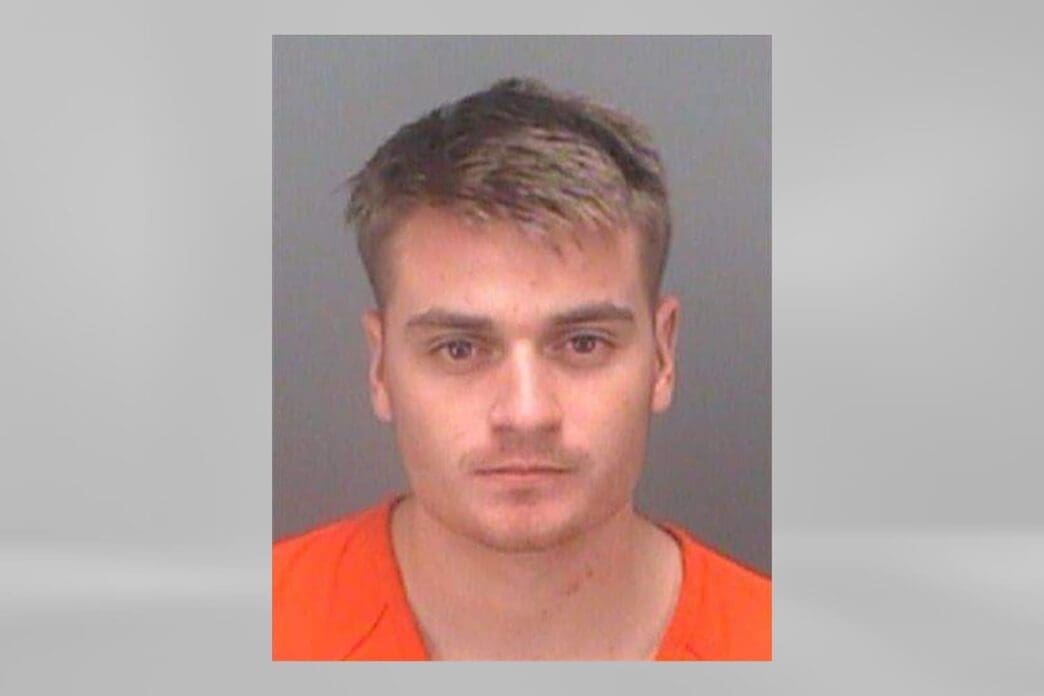Brandon Russell, the founder of a neo-Nazi group based in Florida, has been convicted for his role in a conspiracy to attack Maryland’s power grid. This plot, undertaken with his former girlfriend, was purportedly motivated by their racist ideologies.
Federal prosecutors revealed that Russell had encouraged Sarah Beth Clendaniel to execute a series of sniper attacks on electrical substations around Baltimore. The intention was to disrupt the power supply and induce chaos in the predominantly Black city. The plan was thwarted when both conspirators were apprehended in February 2023 before they could act on their plans.
After a brief deliberation, a 12-member jury convicted Russell of conspiracy to damage an energy facility. This was the sole charge against him. Despite arguing that Russell’s involvement was indirect, his defense failed to sway the jury. Russell is set to be sentenced at a later date, concluding a four-day trial where he was observed engaging regularly with his legal counsel.
Russell’s background with the Atomwaffen Division—a group he co-founded that translates to ‘atomic weapon’ in German—has previously drawn legal scrutiny. He had earlier pled guilty to possession of an unregistered destructive device and improper explosive material handling, leading to a five-year imprisonment sentence in 2018.
His involvement in the Maryland plot reportedly came to light through trial testimony, which included details from a confidential informant. The informant connected with Russell through Telegram, a social media app, and was introduced to Clendaniel, whom Russell hoped could be armed for the attack. Prosecutors shared a recorded call in which Russell used racist language and urged the informant to maintain confidentiality about their plans.
Russell’s legal team characterized him as merely an ideological supporter rather than an active participant in the plot. However, the jury was not convinced by this defense and rendered a guilty verdict based on evidence that he had engaged in the conspiracy with a clear understanding of its aims.
The case against Russell was fortified by his past, where authorities found him outside a Tampa apartment during a 2017 double homicide investigation. Investigators discovered explosive materials and neo-Nazi paraphernalia in his home. At that time, Russell was part of the Florida National Guard and attended the University of South Florida.
The romantic relationship between Russell and Clendaniel developed while they were in prison for other offenses, continuing after their release. Clendaniel, with a similar history of White supremacist beliefs, has already pled guilty to the Maryland plot and received an 18-year prison sentence.
The conviction of Brandon Russell underscores the ongoing challenges in addressing domestic terrorism fueled by extremist beliefs. While Russell’s sentencing is pending, the court’s decision marks a significant step in tackling threats against critical infrastructure motivated by racial hatred.








